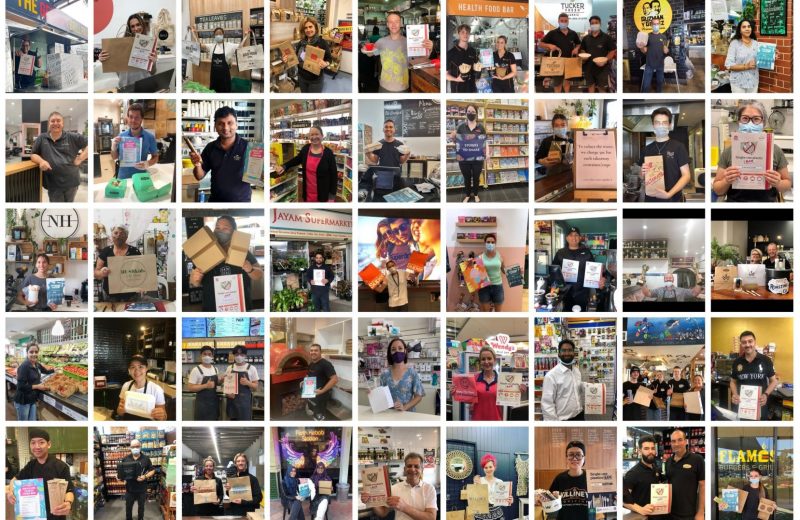Australians have saved more than 10 billion single-use plastic items over the last five years, with more than 100,000 retail and food outlets contributing to the success, the National Retail Association said today. Environment Day
On World Environment Day, NRA Chief Executive Dominique Lamb praised Australian retail businesses – and their customers – for implementing rapid and significant changes well above any other sector.
“This success has flowed from the commitment of a range of retail businesses, from large national chains, through to tens of thousands of small and medium businesses who should be recognised for the positive changes they are making every day,” Ms Lamb said.
“As a result of proactive retailer initiatives, we’ve seen a drop of 90 per cent in the amount of bags consumed – whether paper, fabric or plastic – since retailers started introducing bag fees and encouraging customers to bring their own bags,” she said.
“Container deposit schemes have dramatically reduced litter, have led to jobs and income in a new plastic-recycling economy.
“As well as phasing out single-use plastics, retailers are committing to ambitious targets in renewable energy, waste reduction, packaging innovation, recycled content, and ethical sourcing.”
Since 2017, the National Retail Association has deployed Business Engagement Programs across all mainland states, and New Zealand, to educate and engage over 100,000 retail and food outlets about single-use plastic bans, recycling and other sustainability initiatives.
“We find the majority of small retailers care passionately about the environment, but are so busy running their business, managing staff and serving their customers, that it’s hard for them to find the time to stay across regulations, research alternatives and implement sustainable change,” Ms Lamb said.
“We visit retailers in their stores to explain regulations and talk through sustainable options relevant to their unique business and customer, and then we share some of their positive real-world stories online.” Environment Day
You can see hundreds of these real retail stories at: www.instagram.com/realretail_au/
Ms Lamb said there were still many challenges to overcome, including national consistency, safety of alternatives, supply chain delays, and ensuring solutions improve environmental outcomes.
“One of the biggest challenges is that there are 5 state-based plastic bans just in the last 12 months, and they all have different rules and contradictory recommendations.
Ms Lamb noted that many retailers are actively working towards the 2025 National Packaging Targets and UN-endorsed programs like the Australasian Recycling Label by focusing on reduction, reusability and recycling, while some local bans will result in less-desirable outcomes like composting and landfill.
“We also want to ensure that alternatives to single-use plastics are safe, affordable and readily available.
“Retailers’ top priority is the health and safety of our customers, and we need time and support to test alternatives – such as making sure items are heatproof, waterproof and hygienic – and to critically assess environmental claims.
“For example, swapping to paper bags can increase carbon impact, most compostable plastics don’t biodegrade if littered, and while many items are highly recyclable, we still lack a national standard for kerbside collection.”
Ms Lamb said more needed to be done to support businesses who are trying to make positive change and would like to see more investment in public education campaigns to bust environmental myths and encourage behaviour change.
“We are working with businesses, governments, recyclers, environmental groups and other peak bodies to encourage states and territories to work together so we can accelerate environmental outcomes.” E
 nvironment Day
nvironment Day


